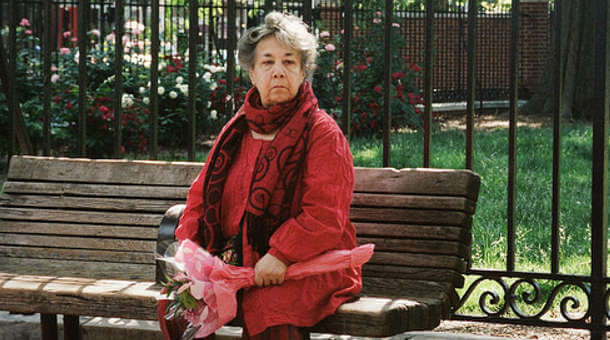According to a study conducted by researchers from Duke-NUS Graduate Medical School in Singapore, elderly people who sleep less show evidence of rapid decline in their cognitive performance. These findings may act as a foundation for upcoming work, related to less sleep and cognitive decline and brain diseases such as dementia.
Numerous research conducted in the past has also analyzed the effect that the length of sleep has on memory performance. Although faster brain ventricle enlargement is regarded as a marker in cognitive drop and other brain ailments like Alzheimer’s disease and dementia, the effect of sleep duration has never been inspected on this specific marker.
The Details of the Study
The Singapore-Longitudinal Aging Brain Study was started in 2005 and the findings of this study were published in the journal SLEEP. This is one of those few studies in Asia that examined the brain structures and cognitive functions of elderly people very precisely. The researchers took into account the records of approximately 66 healthy older Chinese people aged 55 years and above.
During the course of the study, the elderly people undertook structural MRI brain scans after every two years for the measurement of neuropsychological assessments and brain volume in order to test their cognitive functions. Moreover, a questionnaire was conducted to check the sleeping hours of each participant. It was found that participants who slept for lesser hours revealed signs of faster ventricle enlargement and drops in cognitive performance.
Dr. June Lo, the lead author and a fellow Duke-NUS Researcher, stated that the results of their research link short sleep duration to a marker of brain aging. Professor Michael Chee, Director of the Centre for Cognitive Neuroscience at Duke-NUS and senior author further added that the research conducted by Lumosity, an online brain-training program has indicated that seven hours of sleep a day for elderly people seems to be effective for ideal performance on computer based cognitive tests.
The result of this research was conducted on about 150,000 elderly people. However, at present, it is still not clear if the seven hours of sleep is enough for maintaining the brain’s health. Professor Chee asserted that in coming years, they plan to find out what is good for lasting brain and cardio-metabolic health as well.
Don Colbert, M.D. has been board-certified in Family Practice for over 25 years and practices Anti-aging and Integrative medicine. He is a New York Times Bestselling author of books such as The Bible Cure Series, What Would Jesus Eat, Deadly Emotions, What You Don’t Know May be Killing You, and many more with over 10 million books sold. He is the Medical Director of the Divine Health Wellness Center in Orlando, Florida where he has treated over 50,000 patients.
For the original article, visit drcolbert.com.








































